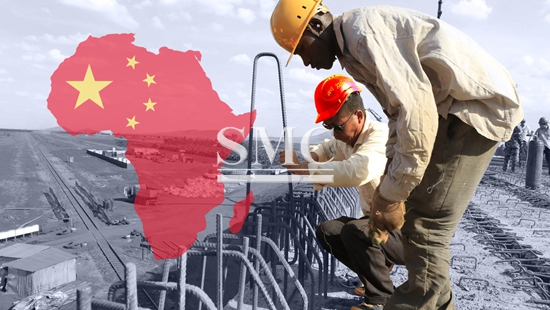
- Company overview The heart of SMC Vision & Philsophy Partnership Certifications Company culture
- Our service Design and Engineering Maintenance and Service Examine Production Line Upgrade and Transformation Storage and Logistics Processing, Trading and Distributor
- Management Our history Global responsibility Info Center
- Procurement center Internship
- Metal Steel Products Stainless Steel Products Aluminum Products Copper Products Galvanized Steel and PPGI Special Alloy Building Material
- Containers ISO Standard Container Equipment Container Storage Container Refrigerated/Reefer Container Offshore Container Container House Tank Container Container Fittings Container Trailer
- Gas Cylinder & Fire Extinguisher Cryogenic Liquid Cylinder Oxygen Gas Cylinder Storage Tank CNG Gas Cylinder LPG Gas Cylinder Hydrogen Gas Cylinder Nitrogen Gas Cylinder Industry Gas Cylinder Fire Extinguisher
- Metal Machinery Forming Machine Cutting Machine Processing Machine Bending Machine Block Machine Other Machinery Motor Spare Parts
- Mechanical Products Miscellany Mooring Equipment Marine Equipment Vehicle Industry Pressure Vessel Conveyor Belt Laser Equipment Bearing
- Electrical System Power Distribution Automation Electrical Cable Solar Power System Electric Protection System Transformer Production Line Lighting System
- Project Plastic Pipes and Pipe Fittings Fiberglass Reinforced Plastic Pontoon System
China-Africa: the New Alliance for International Cooperation

In
the past decade, economic and political relations among China and African
countries have tightened. This is due to a remarkable increase in Foreign
Direct Investments (FDIs) from China to Africa, which will provide both parties
with substantial benefits.
There
are three main reasons for China to invest in Africa. Firstly, China wants to
make sure it has a solid base of raw materials to fuel its own economy. In
fact, 90% of the world’s platinum and cobalt, half of the world's gold,
two-thirds of world manganese and 35% of the world's uranium are located within
African borders, thus representing an attractive target for Chinese FDIs.
Secondly,
China aims at increasing its global political influence. By grating loans to African
countries to build infrastructures locally, China is ensuring itself a word in
the country receiver of the FDI. Perhaps, Kenya is a good example, where the
newly built Nairobi-Mombasa railway ensured the re-election of the President
under whose mandate the infrastructure was built.
Thirdly,
China sees Africa as a place for future growth opportunity for emerging markets.
China itself is largely involved in the development of emerging markets and it
predicts that there will be space for profitable emerging industries in a ‘developed
Africa’.
Currently,
mining and oil remain the primary focus of China's investments. Yet, these raw
materials markets affect a wide range of other industries, from infrastructure
to food processing. Mining investments especially account for almost one-third
of China's total FDIs!
It
must be said that many Chinese companies investing in Africa are mostly state-owned,
hence easily and abundantly supplied with government subsidies. This has often
been crucial when competing for procurement contracts.
Yet,
not all investments made so far have been successful. Some say that the fast
pace at which China grants loans to African countries and with which it builds
infrastructure can be damaging for the FDI receiver. In fact, locals can take
time to adapt to the new infrastructure; initial returns to the investment may
be poor and slow. The Nairobi-Mombasa railway can serve again as an example.
Other
times, new investments require local sovereign agreements or local government
support. Problems can arise if government’s instability and corruption are
widespread. Thus, new Chinese foreign investors are now cooperating more with
private companies, rather than governments or political organisations.
Overall,
China has been investing in Africa since the 1960s. Today, nearly half of
China's foreign aid goes towards Africa. Trade between China and Africa is only
expected to grow further and at Shanghai Metal Corporation we are proud to be
part of this evolving economic relation. For more information on our company’s
products and future projects, please click here.
Shanghai Metal Corporation is a trusted aluminum alloy, aluminum foil price, stainless steel price and stainless steel manufacturer, kinds of stainless steel in china.
